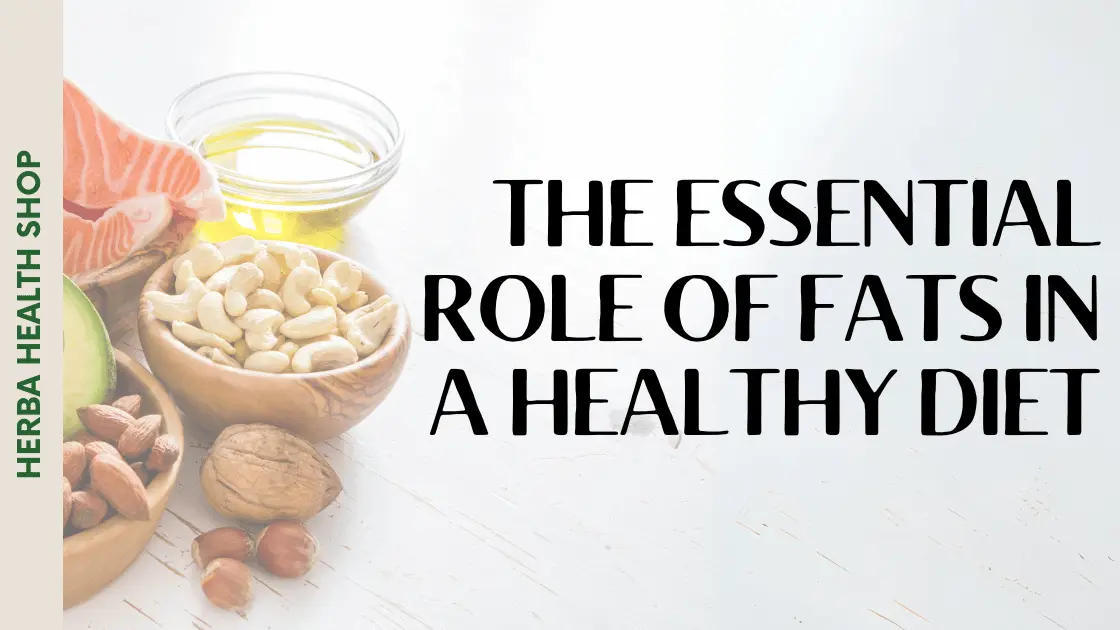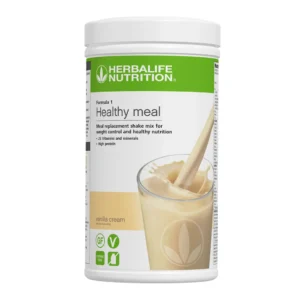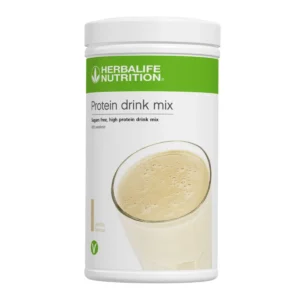For years, fats have been vilified in the diet culture, often painted as the villain behind heart disease, weight gain, and various health issues. However, this narrative overlooks the complexity of fats and their crucial role in our health. Understanding the different types of fats and how they affect our body is key to optimising our nutrition and overall well-being. This blog post aims to shed light on the importance of fats in the diet, debunking common myths and highlighting how to incorporate healthy fats into your daily regimen.
Understanding Fats: The Good, the Bad, and the Essential
Fats are a macronutrient, alongside carbohydrates and proteins, essential for energy, cell function, and the absorption of certain vitamins and minerals. They are also vital for brain health, hormone production, and the protection of our organs. However, not all fats are created equal.
The Good: Unsaturated Fats
Unsaturated fats are considered the ‘good’ fats and are crucial for heart health and overall well-being. They can help reduce bad cholesterol levels, lower the risk of heart disease and stroke, and provide essential fatty acids that your body can’t produce itself. These fats are primarily found in plant-based foods and oils, nuts, seeds, avocados, and fatty fish such as salmon and mackerel. Incorporating these into your diet can support cardiovascular health, reduce inflammation, and improve neurological functions.
Monounsaturated Fats
Found in olive oil, avocados, and certain nuts, these fats can improve cholesterol levels and help with weight management.
Polyunsaturated Fats
These include omega-3 and omega-6 fatty acids, found in fish, flaxseeds, and walnuts, crucial for brain function and cell growth.
The Bad: Saturated and Trans Fats
While saturated fats, found in animal products and certain oils, can be part of a balanced diet in moderation, excessive consumption can raise bad cholesterol levels and increase the risk of heart disease. The key is moderation and balance with unsaturated fats.
Trans fats are the fats to avoid. Found in processed foods, baked goods, and fried items, trans fats can raise bad cholesterol levels while lowering good cholesterol, contributing to heart disease, stroke, and diabetes risk. Reading labels and minimizing the intake of foods containing trans fats or hydrogenated oils is crucial for maintaining heart health.
The Role of Fats in a Healthy Diet
Energy and Nutrient Absorption
Fats are the most energy-dense macronutrient, providing 9 calories per gram, compared to 4 calories per gram for proteins and carbohydrates. They are essential for absorbing fat-soluble vitamins (A, D, E, and K), supporting cell growth, and providing energy.
Hormone Production and Regulation
Fats play a critical role in producing and balancing hormones, including those responsible for regulating metabolism, immune function, and reproductive health.
Brain Function and Mental Health
Omega-3 fatty acids are particularly important for brain health, contributing to memory, performance, and behavioral function. Diets rich in omega-3s have been linked to reduced rates of depression, ADHD, and other mental health issues.
Incorporating Healthy Fats into Your Diet
To benefit from the positive aspects of fats, focus on incorporating a variety of sources of unsaturated fats into your diet:
- Opt for oils: Use olive or avocado oil for cooking and salad dressings.
- Snack on nuts and seeds: Almonds, walnuts, chia seeds, and flaxseeds are great sources.
- Eat fatty fish: Aim for two servings of fatty fish per week.
- Avocados: Add them to salads, sandwiches, or as a healthy snack.
- Limit processed foods: Minimize intake of foods high in trans fats and processed snacks.
Fats are an indispensable part of a healthy diet, playing a vital role in energy production, nutrient absorption, and the maintenance of cellular health. By understanding the different types of fats and making informed choices about the fats we consume, we can support our body’s needs and promote overall health and well-being. Remember, it’s not about eliminating fat from our diet but choosing the right types of fats to nourish our bodies properly.





